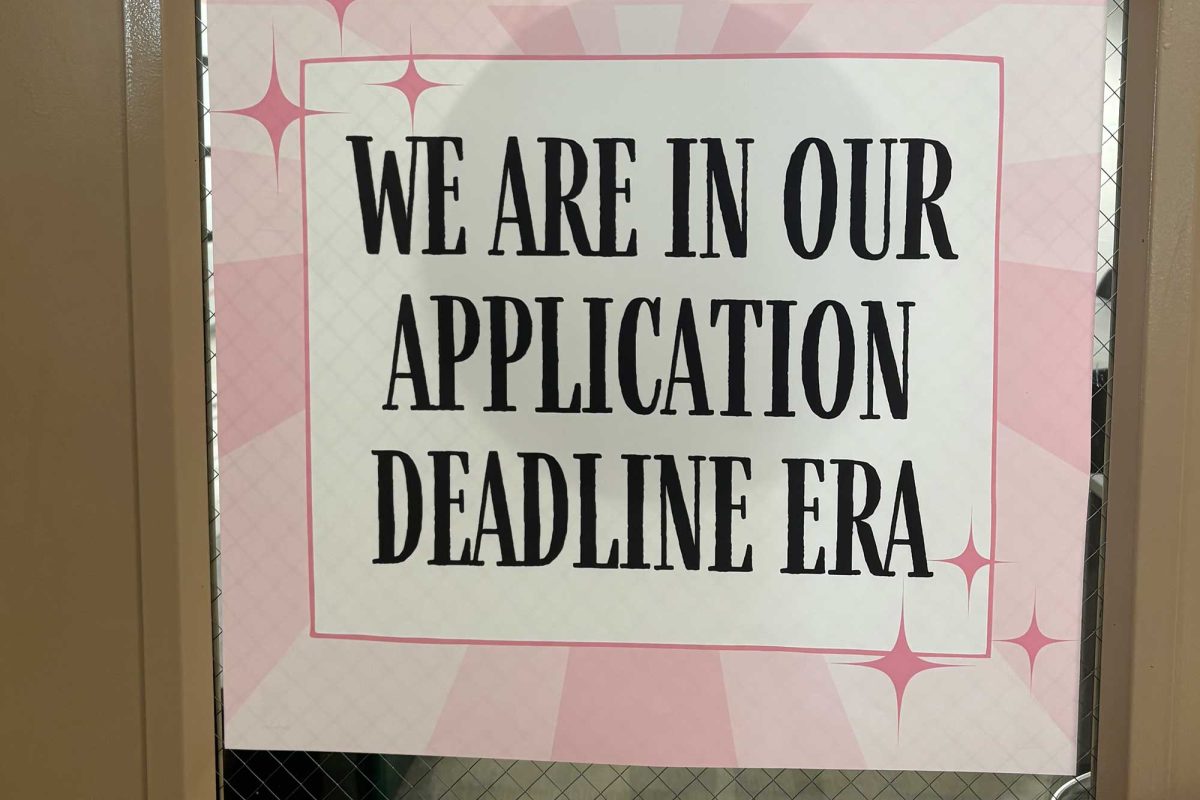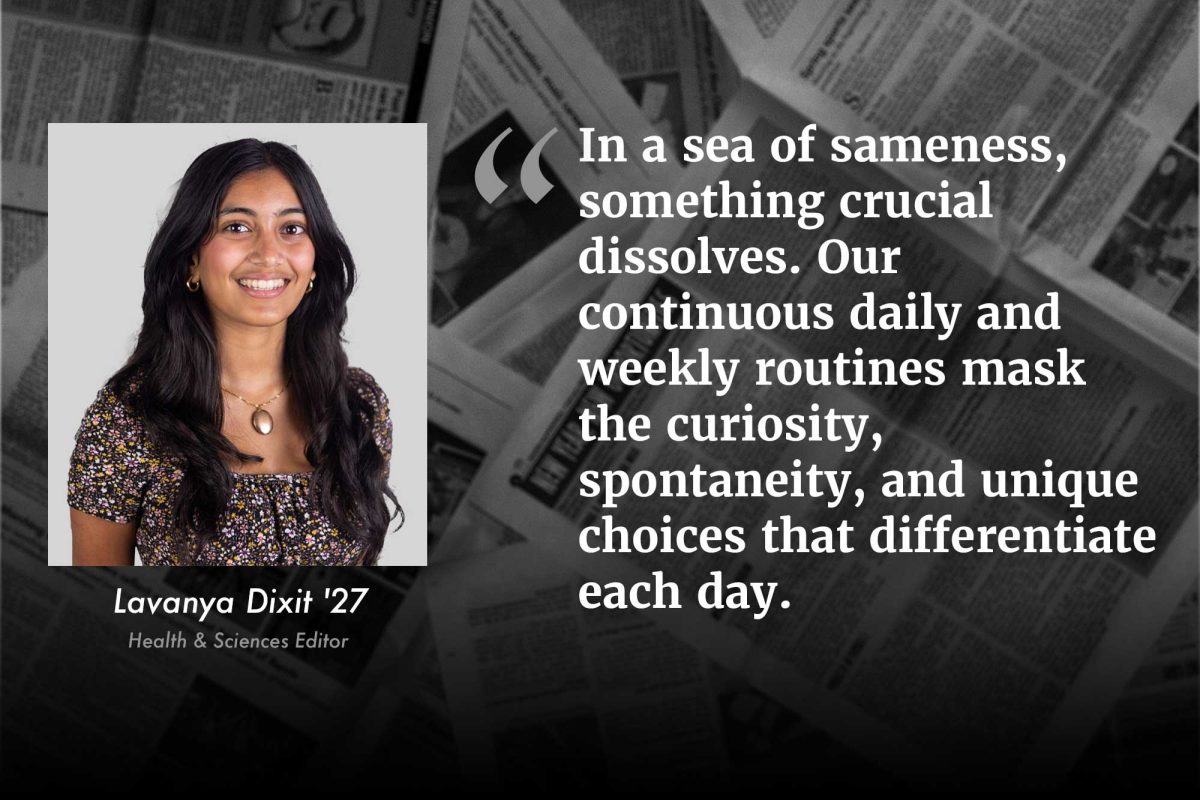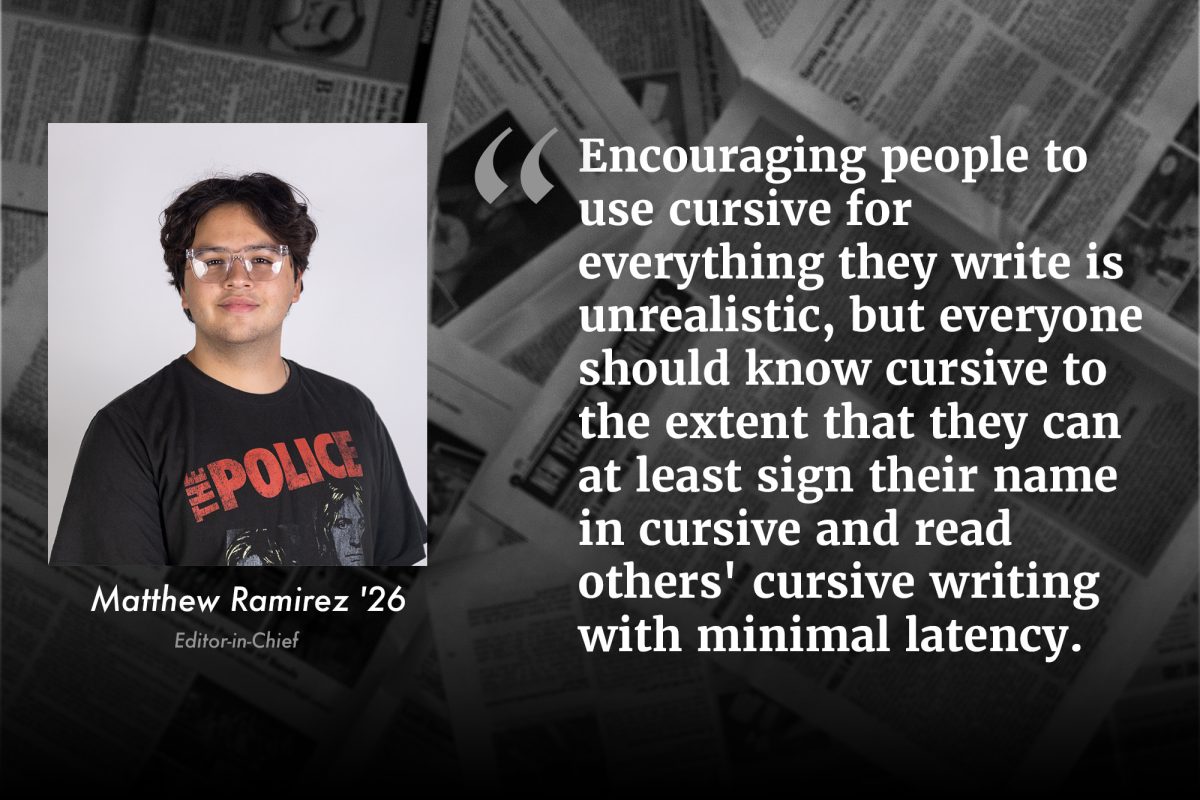Society tends to prioritize a college’s name rather than its education. So many universities go unnoticed because of a higher acceptance rate, colleges that could be perfect for someone if given the chance.
Undergraduate studies are what come after high school. This could be in the form of community college or trade school, but it most often refers to a four-year college.
Finding a college that is right for you is difficult. The decision isn’t difficult because of the many options available, but the cost and whether you’ll be accepted into any colleges you apply to.
But just because a college may not be your first choice doesn’t mean you won’t be happy wherever you end up. Forbes Magazine states that 62% of college freshmen were “happy” with their institution, and 13% reported they were “not happy.”
Not all 62% of students ended up at their dream school. They could’ve gone there because of cost, a rejection from their top pick, or under variables. Even if it wasn’t their first choice, students still enjoyed their time there and built students up for success.
Senior Natalie D’Onofrio, who has committed to Drew University’s honors program for field hockey, suggests looking for a location that’s best for your future career aspirations and a school whose program will fit your needs.
“Since I’m playing field hockey, I wanted my family to be able to come to watch me play at my games and stuff easily,” D’Onofrio said. “They have some really good programs for my majors, so that was a big decision for me as well.”
Location is an important variable for a lot of students. For example, the District of Columbia and New York City could be good options if you want to work in politics.
If you’re interested in a unique major, universities will be limited. For example, a culinary school might be the only place to get the desired education if you want to major in pastry arts. While schools may have adjacent majors like food science, it is important to study what you want.
But this leads to a larger issue. In this process, it’s hard not to compare yourself. It’s hard to be unique when everyone is taking the same path. It’s hard when we all have a different process influencing our decisions.
Senior Jake Smith noted that location, programs, and price range were large components in his process. Some schools will have better programs for interactive majors like mechanical engineering, sports media, or robotics if the school has money to fund those programs. Still, for many seniors, $300,000 of debt isn’t worth it.
In the college journey, you need to recognize where you stand. This is where the school you attend for undergrad is not essential.
If your family has a limited budget for you to attend college and you want to go to medical or law school, undergrad is not where money should be spent.
If you’re unsure what you want to do and your family cannot afford most colleges, community college is a great option. You’ll get a cheaper education and find your passion while still having the option to transfer.
Not everyone is in that situation, but if you are, there are still opportunities to have an education and do great things. It doesn’t matter where your peers, neighbors, or friends are going; it matters what the right decision is for you.
We are all subject to some college elitism, but most, if not all, colleges can provide a great education. Look at it all: location, programs, networking opportunities, and price range. But be honest with yourself where you stand, and you can go anywhere with a good work ethic.














